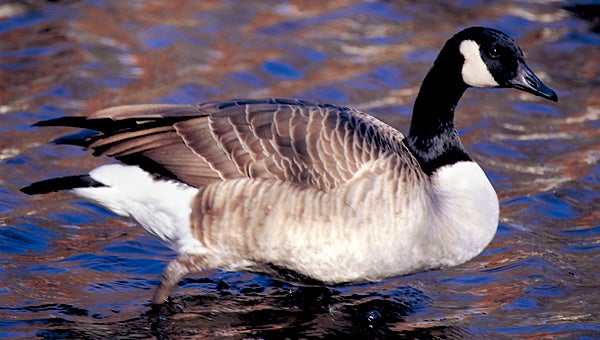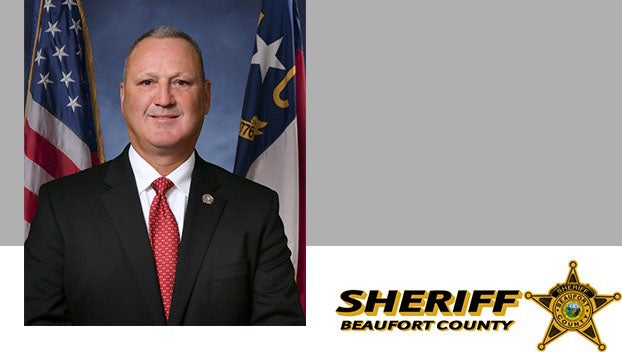Council votes against killing Jack’s Creek geese
Published 8:02 pm Tuesday, April 14, 2015
 Geese at Jack’s Creek won’t be the targets of a lethal-taking effort by the city.
Geese at Jack’s Creek won’t be the targets of a lethal-taking effort by the city.
Washington’s City Council, during its meeting Monday, voted unanimously not to approve an agreement with the U.S. Department of Agriculture that would have resulted in up to 50 geese being killed in an effort to control the goose population at Jack’s Creek and the adjacent Veterans Memorial Park. The decision came after about a dozen or so speakers told the council that killing the geese would be wrong. Some speakers suggested other, more-humane options, such as relocating the geese, as ways to control the goose population.
City officials had expressed concerns, after receiving complaints, about the geese (and the feces they leave behind them) potentially causing health problems.
Councilman Doug Mercer made the motion for the city not to approve the agreement “and continue to monitor (the geese) and pursue our current program.” Council member William Pitt seconded the motion. The unanimous vote was greeted by an outburst of applause and cheering from a full Council Chambers.
The city’s current program includes using a dog to chase geese away from Jack’s Creek, a place they like to nest.
David Gossett, a taxidermist and former organizer of the East Carolina Wildlife Arts Festival, told the council that killing the geese would be a tragic mistake.
“We don’t have a problem with these geese,” he said during his remarks.
“The Canada geese, they are one of the most magnificent of all the American waterfowl. Instead of complaining about them, we should be thankful that we have some right here in our city limits,” said Gossett, whose remarks were met with applause.
Derik Davis, who lives adjacent to Jack’s Creek, said he would rather the city spend money on fixing flooding-related problems in the creek basin than on killing geese.
Dr. Richard Young, who lives in Washington, spoke about health hazards posed by geese.
“I have worked in the emergency room and out-patient medicine for 30 years, and I have yet to sew anybody up being bitten by a goose, and I have not found anybody that got any infectious disease from a goose. I am here tonight to say don’t kill these geese. There are other ways,” Young said.
Emily Gaydos, a district supervisor for USDA’s Animal and Plant Health Inspection Service and Wildlife Services, addressed the possibility of relocating the geese.
“The relocation is not an option in most states, and especially in North Carolina because of the large population of resident Canada geese in the state. We would have to get approval from the state wildlife agency, and they do not allow that,” Gaydos said. “Wildlife Services does not recommend relocating because, one, as Mr. Alligood (city manager) indicated, they will usually return to the site or they’ll end up at another site where they’re going cause some of the same types of issues. That’s not something we typically encourage to do in these types of situations.”
Gaydos said USDA recommends an integrated approach to controlling nuisance geese populations, with that approach including harassment, egg rolling and “lethal removal if the damage is still occurring.”






